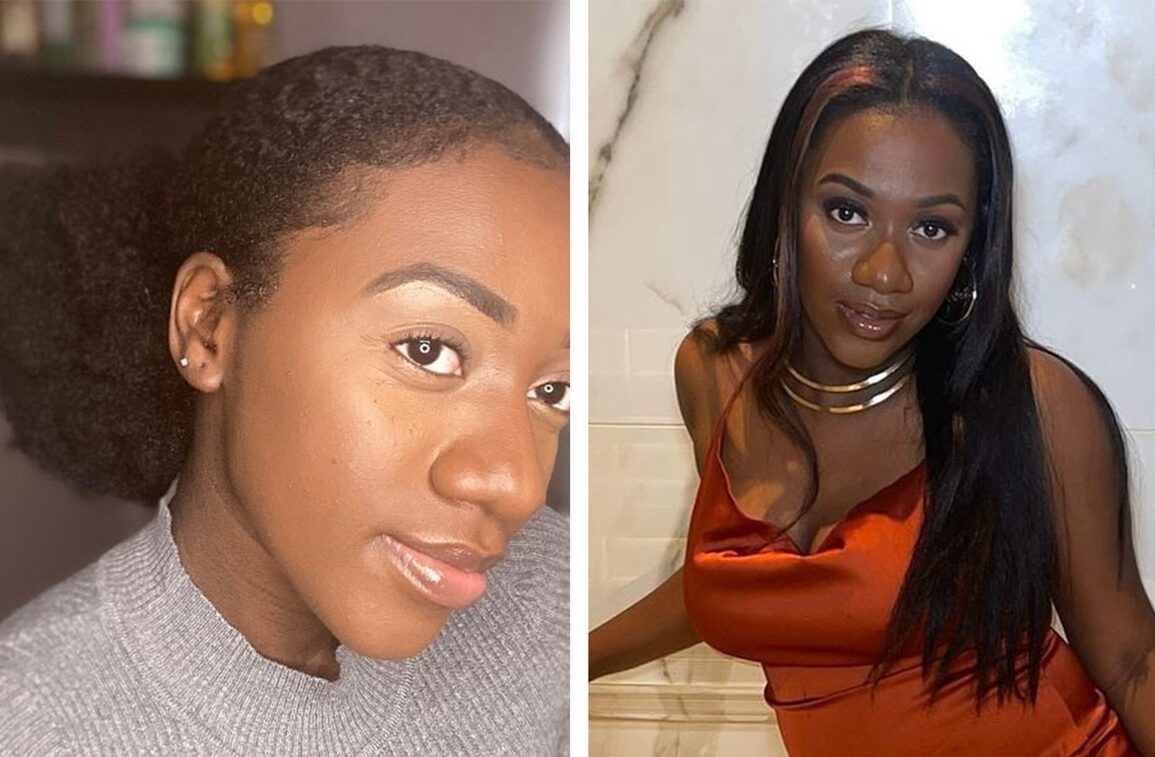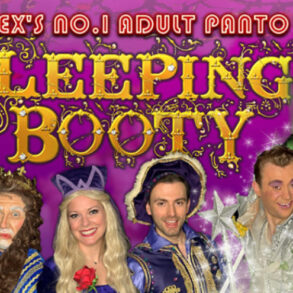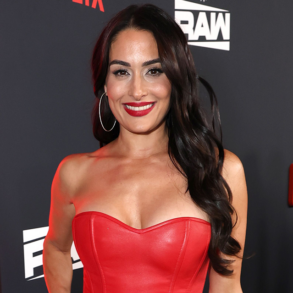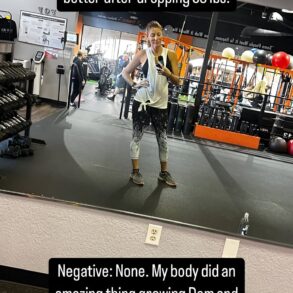I was given my first relaxer when I was five. My mum would apply it in sections, parting my hair into four whilst she worked her fingers into every coil. I remember the strong chemical smell, the slight burning, and the tingling sensations on my scalp as the relaxer started to alter and straighten the bonds in my hair.
For 16 years, I continued this ritual and never fully came to terms with what my natural hair looked like without it. It’s always been something I’ve struggled with. I think I was conditioned to believe that Black hair was unprofessional and too difficult. Straighter and longer hair types were all you ever saw in the media when I was growing up, and it was rare to come across any positive representations of Black hair at all.
Using relaxers is all I’d ever known – until June 2023, when I chose to cut my hair short and stop using relaxers, so my hair could grow in its natural state.
Still, you can imagine my shock and utter horror when I came across recent studies linking the chemical found in most relaxers – formaldehyde – to cancer and fibroids, a few months later.
What’s more, the majority of news stories and think pieces about it all were all American. I couldn’t believe how little airtime this’d had in the UK. I immediately thought of all my family members and friends who still use, or have used, relaxers in the past – without knowing about any of these dangers.
Upon further research, I came across the campaign group Level Up UK, which started a petition in 2021 to remove toxic ingredients from hair relaxers, with the slogan #NoMoreLye. They’ve gotten little over 6,000 signatures in two years – still 4,000 away from getting a response from the government and 94,000 away from consideration for debate in Parliament. It hadn’t in any way trickled down to my social circle, either. Where was the massive news moment?
In the U.S. though, this topic has been getting traction for a while. Beauty brands like L’Oréal and Revlon are facing over 7,000 lawsuits, following a 2022 study by the U.S. National Institutes of Health. The FDA is even proposing to ban the use of formaldehyde in relaxers as early as April 2024.
As Britain remains effectively silent, I decided to speak to three Black women from the UK to find out about their relationships with relaxers, and whether they have any regrets.
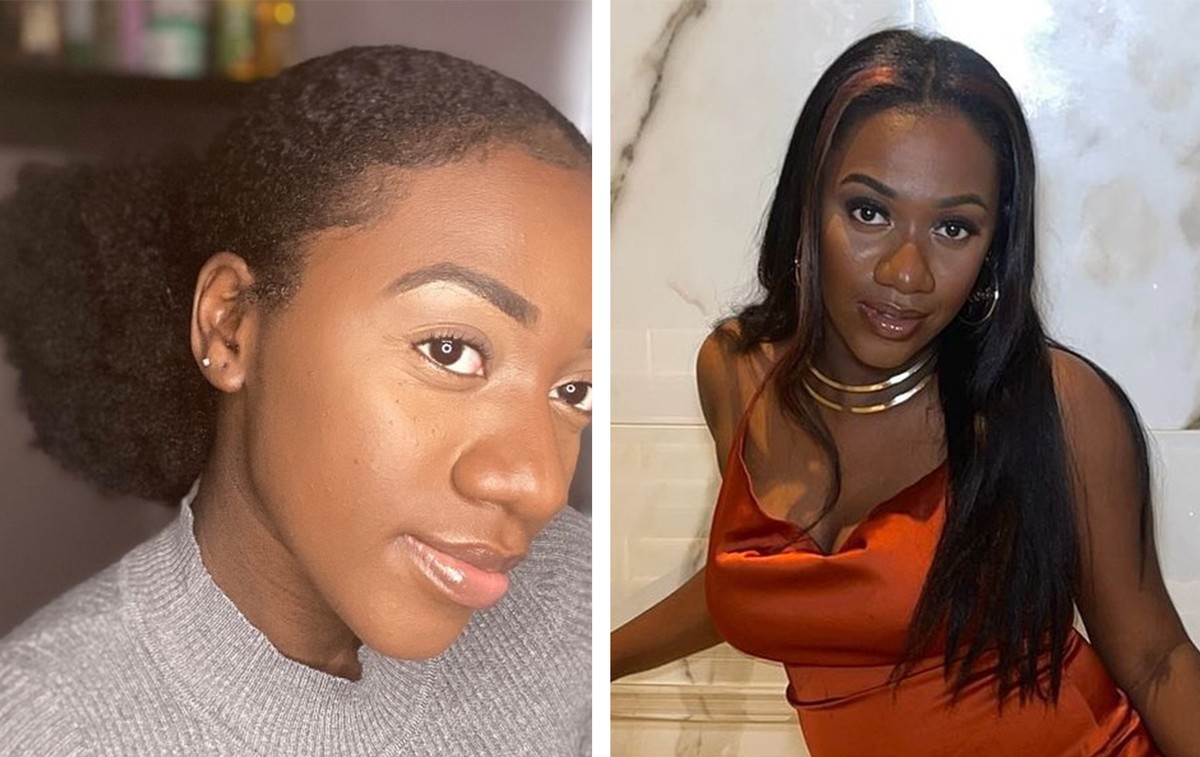
Laurene with natural hair (left) and relaxed hair (right). Photo: Laurene
‘Natural hair isn’t for everyone, which is weird to say when it literally grows out your scalp’
“I started using relaxers when I was very young, maybe five. My mum would make me use them because my hair was quite thick and grew very quickly – she couldn’t handle it.
“My hair was relaxed until I turned 18. I realised I didn’t know how to look after my relaxed hair, as my mum would always be the one to take care of it, so I went natural and kept it that way for five years.
“In January 2022, I started using relaxers again. I had no choice. I got to a point with my natural hair where I couldn’t handle it anymore. My scalp was so tender and painful – it felt like knives were stabbing into my head. I thought: ‘There’s no point having this hair if I’m going to have to deal with this pain.’
“Before I committed to relaxers again, I really did try to find different alternatives. I researched keratin treatments, texturisers and silk presses, but those treatments can be so expensive – a box of relaxer is around £4.
“Now my hair’s relaxed, I don’t really get the scalp pain anymore. I make sure to have a gap of only three to four months in between treatments, too, due to all the chemicals – instead of monthly, like my mum did when I was younger.
“Natural hair isn’t for everyone, which is weird to say when it literally grows out your scalp. When you consider working, university and everything else, it’s hard to dedicate the large amount of time it takes to look after it.
“I’ve never really experienced any pressure from people around me to stop using relaxers. But there is pressure from the natural hair community on social media. They ditch everything! They ditch relaxers, they ditch using heat on your hair, and I feel like they try to make you feel bad. They make you feel like you hate yourself or you hate your hair, which is just not the case for me at all.
“Don’t let anyone push you into relaxing your hair, the decision must come from you. But equally don’t let anyone force you to stay natural if it isn’t working for you.” – Laurene, 25, Birmingham
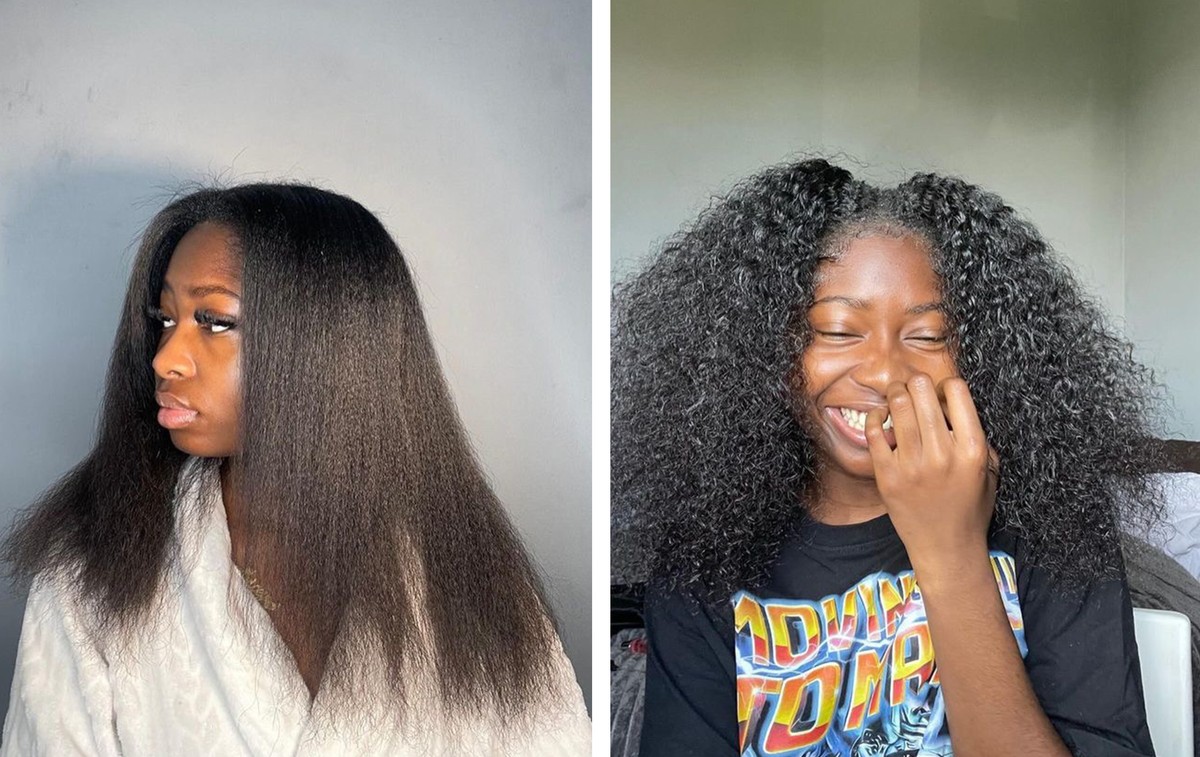



Pricey with her hair relaxed. Photo: Pricey
‘My choice isn’t about hating my own hair’
“On TikTok, I’m mostly known for relaxed hair care content, and I think one of the biggest misconceptions is I’m promoting hair relaxers. But my choice isn’t about wanting natural hair girls to relax their hair, or about hating my own hair.
“I started relaxing my hair when I was eleven, so it’s been about ten years now. My natural hair is very thick – not so much 4C [the tightest curl pattern], but almost. It all started when I got ringworm, actually, on my scalp at school, causing patches of hair loss that wouldn’t go away.
“When I visited the GP, I was told the only solution was to cut my hair so my scalp could breathe, and use a specific shampoo. I didn’t want to cut my hair and neither did my mum. Instead, she asked me if I wanted to relax it, explaining it’d make my hair lighter and allow my scalp to breathe a bit.
“I’ve heard about the studies linking relaxers to cancer and, honestly, it makes me feel quite uneasy– not enough to quit completely, though. I’ve reduced the times I use relaxers in a year, from three or four to just two, to reduce the amount of chemicals I expose myself to. I’m worried because I don’t know how many more years I want to continue relaxing my hair.” – Pricey, 21, Leicester
‘You’re never told about the negative risks of relaxers’
“I was nine when I got my first relaxer. My hair has always been long, thick and curly, usually worn in plaits as a child. I remember washdays were always a struggle, so my aunt suggested relaxing my hair to my mum.
“At first, my hair was long, pretty, and shiny and I could wear it in different styles without having to have it in a protective style, like plaits, anymore. But when I started to take care of my own hair, at eleven, things went downhill. It’s normal to face a lot of trial and error as a young Black girl learning how to take care of her hair. I didn’t have the right knowledge to look after it the same way, so it started to break off.
“Between the ages of nine and 13 was when I realised that altering my natural hair is seen as more presentable. My background is Jamaican and Indian, and I grew up mainly with my Indian side – who had straight hair, while mine was curly.
“When I went to family events, I had to straighten my hair. When it was relaxed, there were noticeably more compliments and appreciation for it. I guess it looked more like my Indian family’s hair.
“As a child you’re pretty oblivious, it’s only when I look back I see the pressure I felt to look a certain way. For me, relaxers sort of aided that. I’d be sitting in the chair at the hair salon, with relaxer burning my scalp, being told things like, ‘You’re gonna be pretty, it’s worth it!’ and ‘Pain is beauty!’
“Black hair is seen as a burden to cope with, as if it’s something negative you have to live with for the rest of your life. You’re never really told about the negative risks of relaxers, either. There’s not a word on the outside of the packaging that tells you about the dangers.
“As long as you know the risks, I think people can choose what they want to do with their hair. I was about 13 when I came across the natural hair movement and decided to go natural. The movement has created a platform which just wasn’t there before – for Black women to feel more comfortable with their natural hair. I see it as a great thing, I probably wouldn’t have even thought to go natural without it.
“I regret relaxing my hair. It’s frightening to think it could give me cancer. I’d like to think that now I’ve stopped using chemicals, the risk has decreased.” – Kamarla, 21, Birmingham
This post was originally published on this site be sure to check out more of their content.




